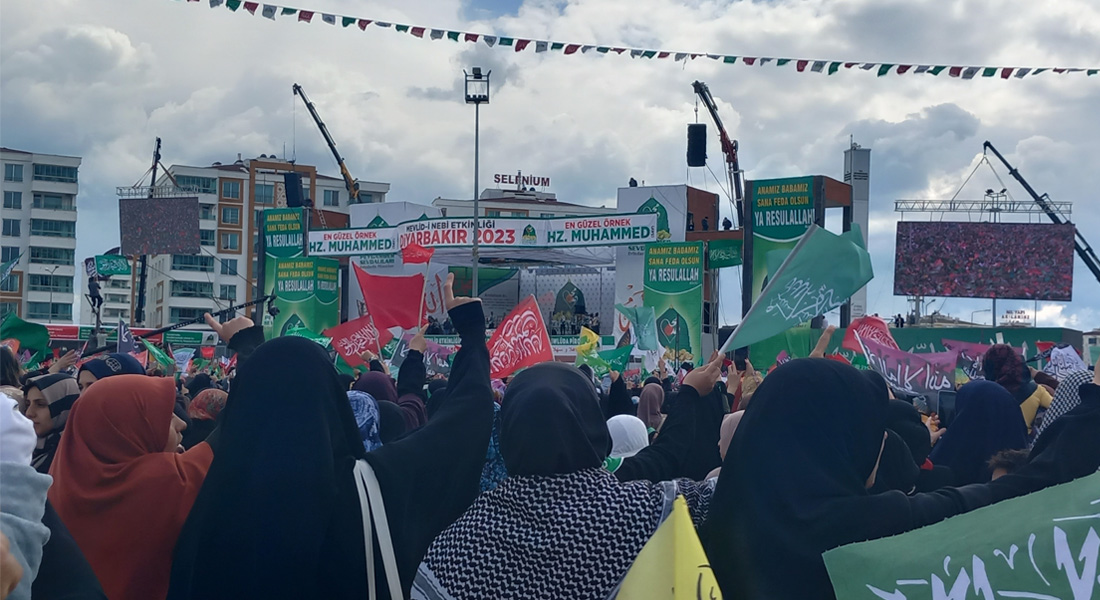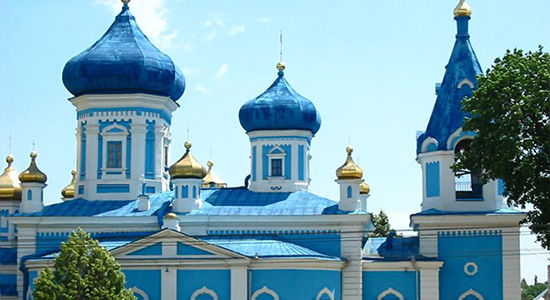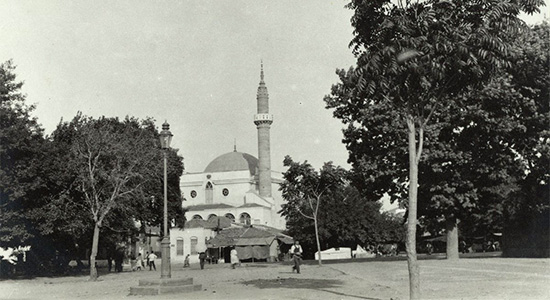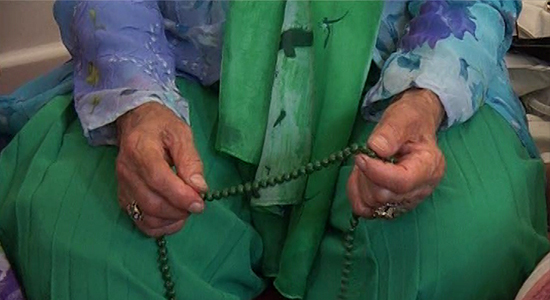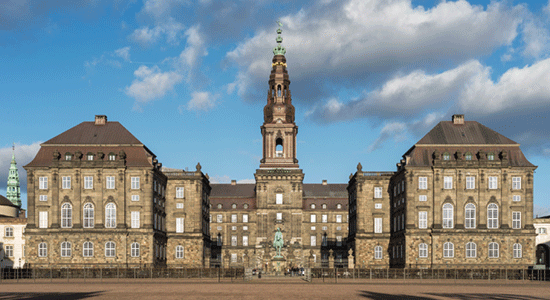Aslı Elitsoy
The Transformation of South-East Europe and its Ottoman Heritage from 1870 to the Twenty-first Century
With the fall of the Berlin Wall in 1989, Europe was filled not only with hope of reunification and a new beginning, but also with conflicts of a kind that ran counter to the visions of peace and democracy. The break-up of Yugoslavia, war, ethnic cleansing and national chauvinism nourished the idea that unending hatred and ancient ethnic antagonisms were driving forces in the development of South-East Europe. This gave rise to an image, both in the media and in political rhetoric, of the entire region as a special category of countries still stuck in a malignant, unchanging culture: a perception that led to the postulation that the area must be regarded as Europe’s backwater and its past as an obstacle to modernization processes. It is a perspective that has also affected the outlook on surrounding countries such as Greece, Romania and Turkey. Therefore, this track of The Many Roads in Modernity applies a broad understanding of South-East Europe in its investigations of authoritarianism, weak democracies and the amalgamation of ethno-religious belonging and nationalism in local and regional politics.
The national narratives of the nineteenth century still linger on in views of the past and the visions of progress in South-East Europe, despite the major changes of the twentieth century, so scholars in this track also seek to explore regional and transnational perspectives in the past and present. What is modern and who is not modern has long been a battleground for numerous agents; there are many other roads to modernity. Furthermore, the region’s past has been dominated by three great empires: the Russian, the Habsburg and especially the Ottoman. These domains have continued to live on well into our time in ideas of the significant Other that were developed in the nineteenth century to establish coherent identities in the burgeoning national movements and states. Thus, discussion of the significance of the Ottoman experience for an understanding of the political and cultural development of the region is a point of departure for scholars working on this track. They aim to use the relationship between the modern history of South-East Europe and the long imperial past of the region as an alternative to prevailing models which are based on simple dichotomies: Europe versus the Balkans and the West versus Islam. Through this, a more nuanced understanding of the many roads to modernity in Europe may be reached.
The focus is on changes in identity, self-representation and affiliation in light of the huge pressure triggered by the interaction between international politics, on the one hand, and local and regional practice from the latter part of the nineteenth century to the present day, on the other. These processes are studied at different levels from the state to local communities, along with transformations in art, literature and religious practice.
The Transformation of South-East Europe and its Ottoman Heritage
The project was divided into the following chronological units:
The Decline of Empires and the Development of Nation States in Post-Ottoman Times 1870–1950 focused on the significance of the Ottoman heritage for attempts by elites and minorities to modernize institutions, social practice and culture in the late Ottoman state and the subsequent nation-states until war and occupation in the 1940s radically changed conditions for the development of politics and society.
Authoritarian Modernization Projects 1950–1989 studied the challenge from “the long Second World War”. The struggle for the nation-state and the memory of the years of war, occupations and civil unrest between, on the one hand, the official modernistic history and, on the other hand, collective and individual memories of an Ottoman past. There was also a focus on authoritarian forms of government with an impact on living conditions, culture, art and religious thinking.
The Return of the Local and Globalization since 1989 examined the use of history and ideas of ethnic and religious particularism in visions of future political orders. This applied especially to the adaptation of nationalism that could comprise both romantic notions of the nexus between people and territory as well as new global conditions. It was therefore crucial to analyse how differently people handle the conflicting ideas about multicultural empires.
The members of this collaborative project running between 2011 and 2019 were:
- Zaltko Jovanovic, PhD
- Associate Professor Mogens Pelt
- Professor Catharina Raudvere (PI)
- Associate Professor Nils Reeh
- Abdullah Simsek, PhD
- Trine Stauning Willert, PhD
- Christoffer Størup, MA”

